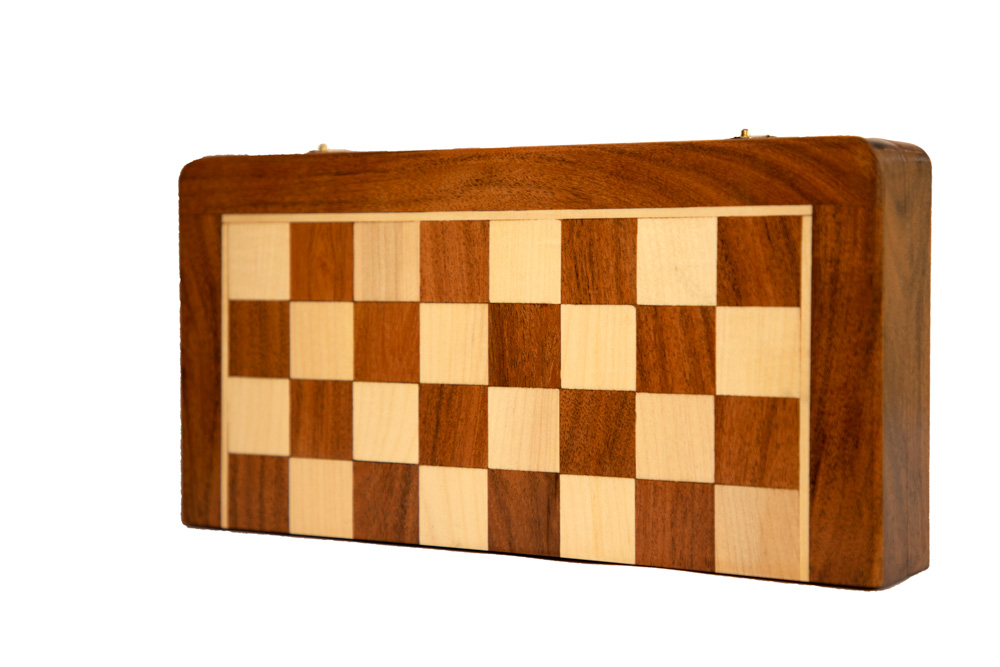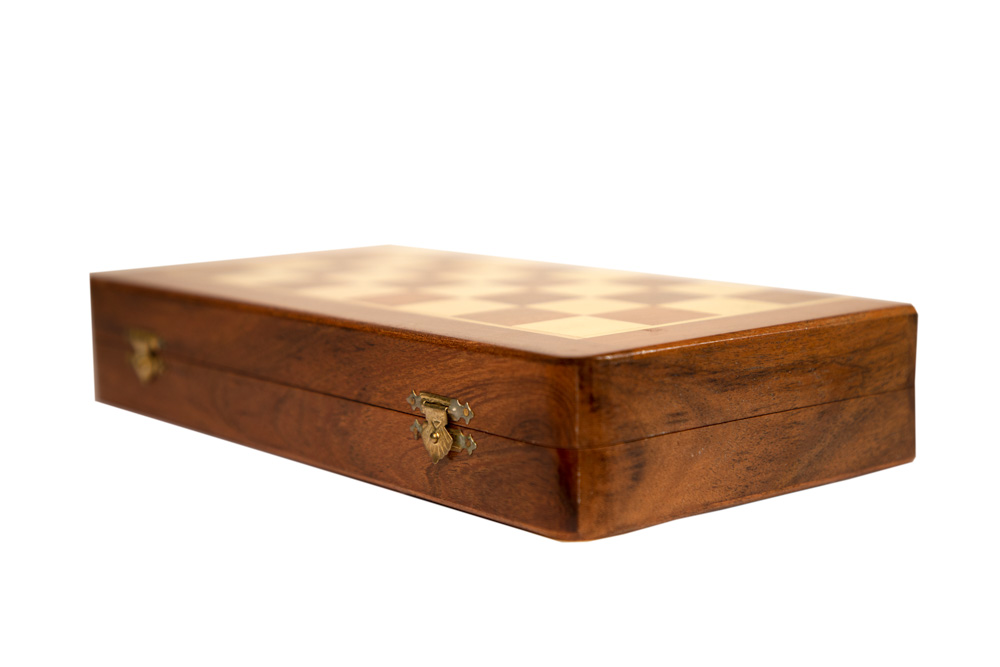Description
Handcrafted by skilled artisans in the picturesque valleys of Kashmir, India, our walnut wood carving pieces are a true testament to centuries of tradition and artistry. Each piece is meticulously carved from high-quality walnut wood, known for its rich color and distinctive grain patterns, creating stunning works of art that are both elegant and enduring. This chessboard is a statement piece to elevate your decor or a unique gift for a loved one. Experience the beauty and craftsmanship of Kashmir walnut wood carving and bring a touch of artisanal elegance into your home.



